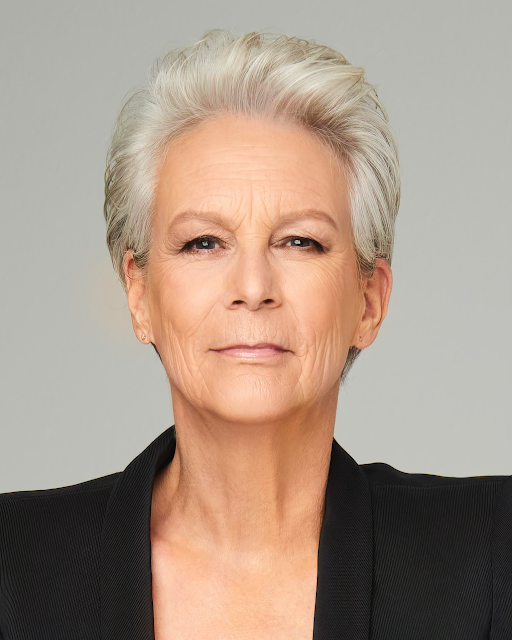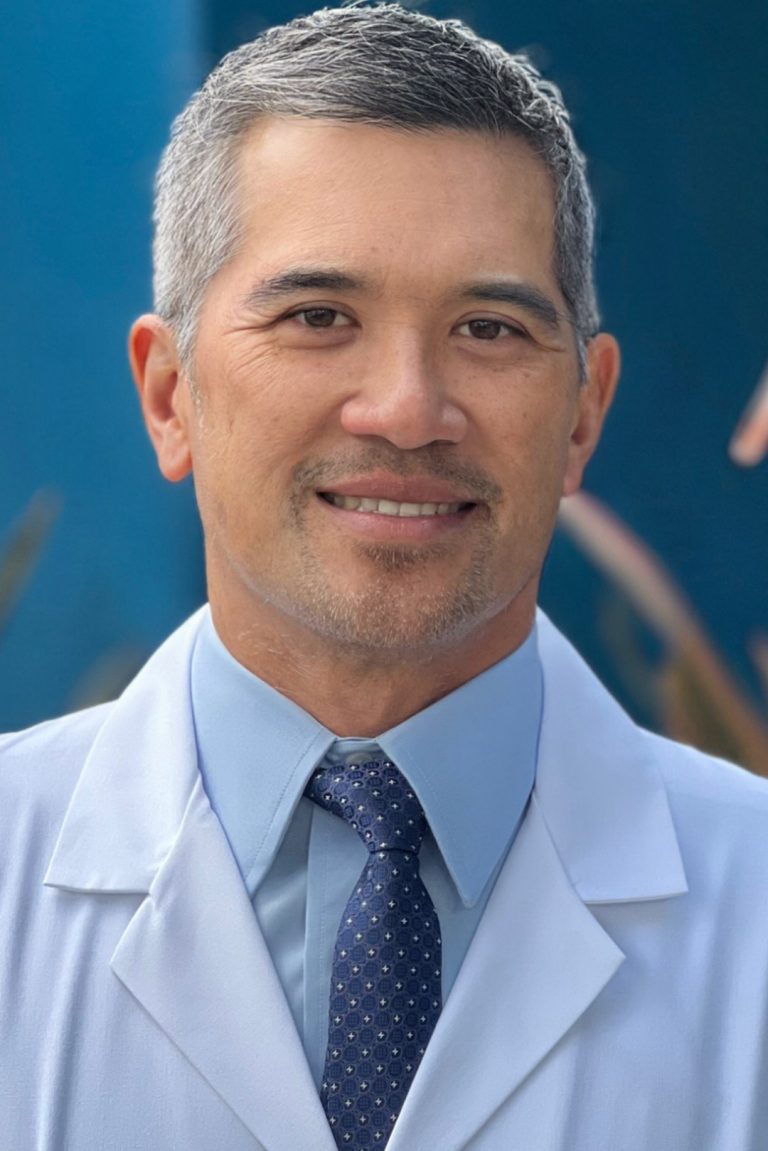Understanding Cervical Cancer Screening: What You Need to Know About Pap Smears & HPV
Cervical cancer is a significant concern, but with advancements in medical prevention, such as the HPV vaccine, the future looks brighter for younger generations. Dr. Bren Boston, MD, explains the importance of cervical cancer screenings, including Pap smears and HPV testing, and how they can play a pivotal role in preventing this disease.
The Role of the HPV Vaccine
The Human Papillomavirus (HPV) vaccine is a game changer in the fight against cervical cancer. As Dr. Boston highlights, 99% of cervical cancers are caused by the HPV virus. By vaccinating individuals early—typically during childhood or adolescence— the likelihood of developing cervical cancer later in life decreases dramatically. This vaccine has proven to be so effective that it has led to a shift in the recommended age for cervical cancer screenings.
When to Start Cervical Cancer Screenings
Traditionally, Pap smears, which detect abnormal cells on the cervix, were recommended starting at age 21. However, thanks to the widespread use of the HPV vaccine, the recommended age for cervical cancer screening has been moved up to age 25. By this age, the vaccine has done its job in reducing the risk of early-onset cervical cancer, making earlier screening less necessary.
Screening Guidelines
For individuals who test negative for HPV and have normal Pap smears, the American College of Obstetricians and Gynecologists (ACOG) recommends that Pap smears can be spaced out every three years instead of the previously required annual tests. This provides a balance between effective screening and reducing unnecessary procedures. However, Dr. Boston acknowledges that many patients still opt for annual screenings because of the peace of mind it brings. After all, early detection of cervical cancer can be lifesaving, allowing for early treatment before the cancer progresses.
Why Regular Screening Matters
While the advancements in HPV vaccination have changed the screening timeline, the importance of regular Pap smears and HPV testing remains critical. Some patients prefer to maintain an annual screening schedule to ensure that any abnormalities are caught early, which can make a big difference in treatment outcomes. As Dr. Boston emphasizes, cervical cancer is highly treatable when detected in its early stages, so staying on top of screenings is vital for long-term health and well-being.
Take Charge of Your Cervical Health
At the Akasha Center, we emphasize the importance of preventive health measures like cervical cancer screenings. If you’re 25 or older and haven’t had a recent Pap smear or HPV test, it’s essential to schedule your screening and stay proactive about your health.
Schedule a 10-minute educational consult to learn more about cervical cancer prevention and other services we offer.
Explore Our Health Resources:
- Discover supplements that support overall health at Akasha Naturals.
- Find out about the Akasha Reset Program at akashareset.com.
- Stay informed with our health blogs: Akasha Naturals Blog
Take control of your health and make sure you’re getting the screenings you need to stay healthy. Early prevention is key to living a long and vibrant life!


















